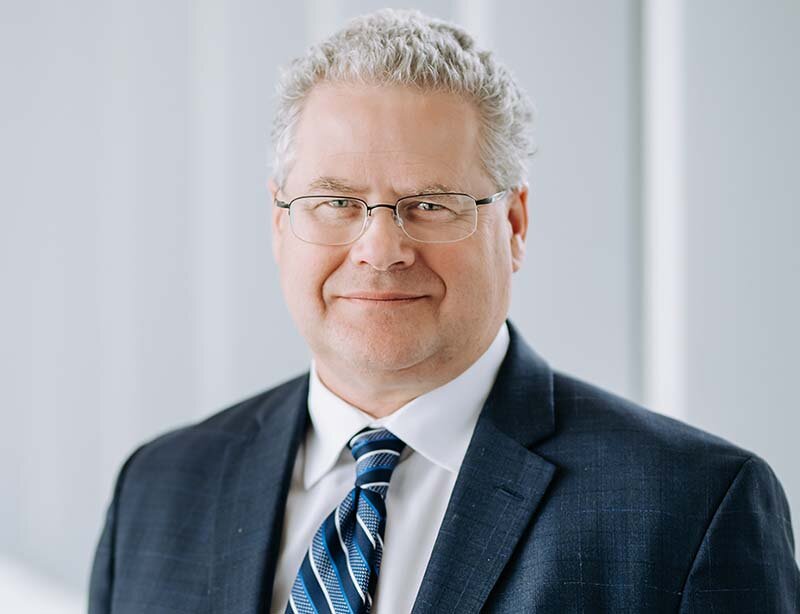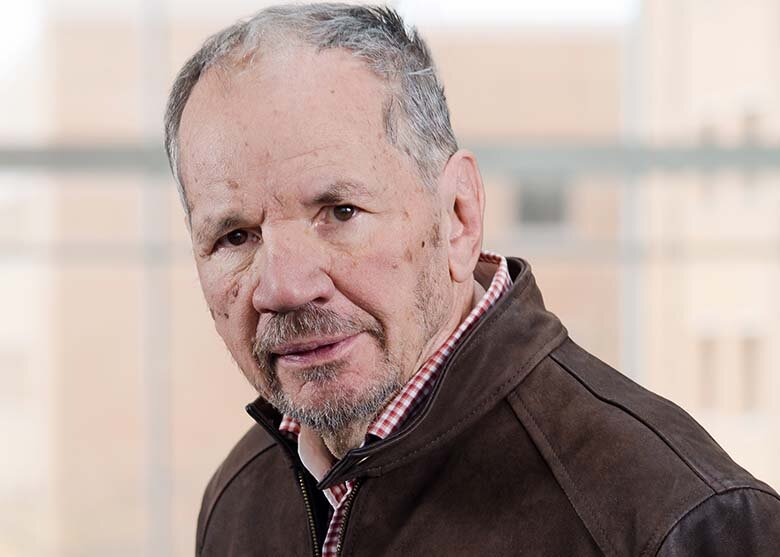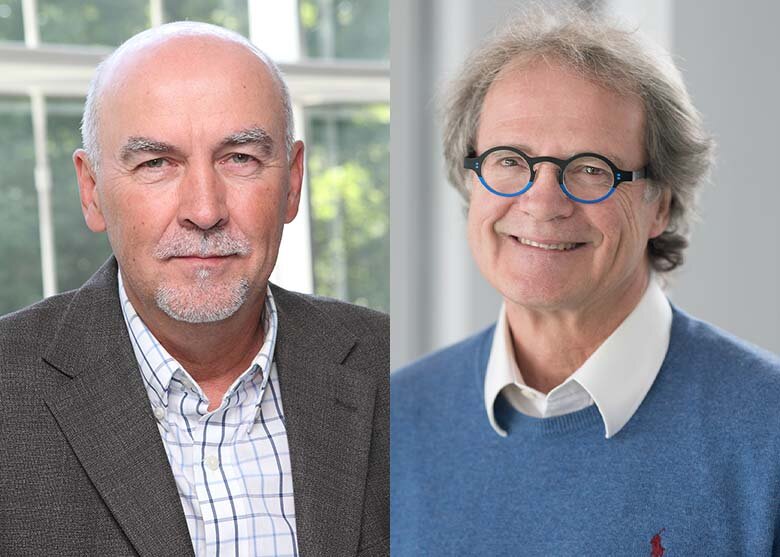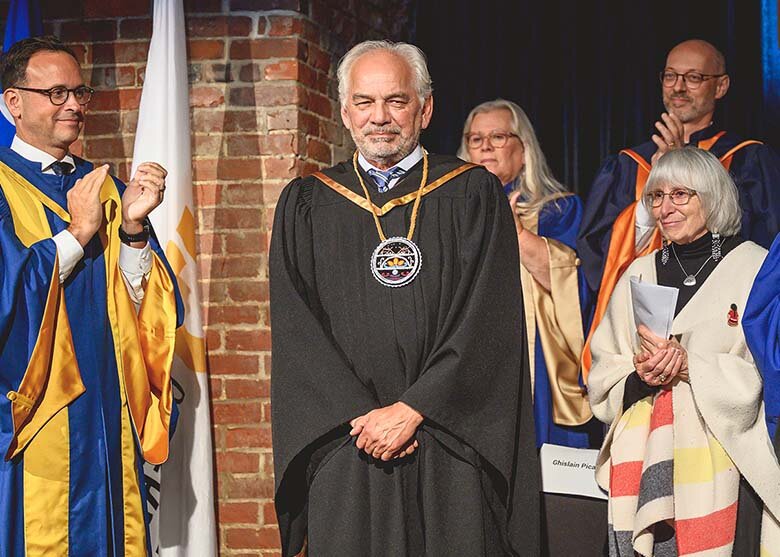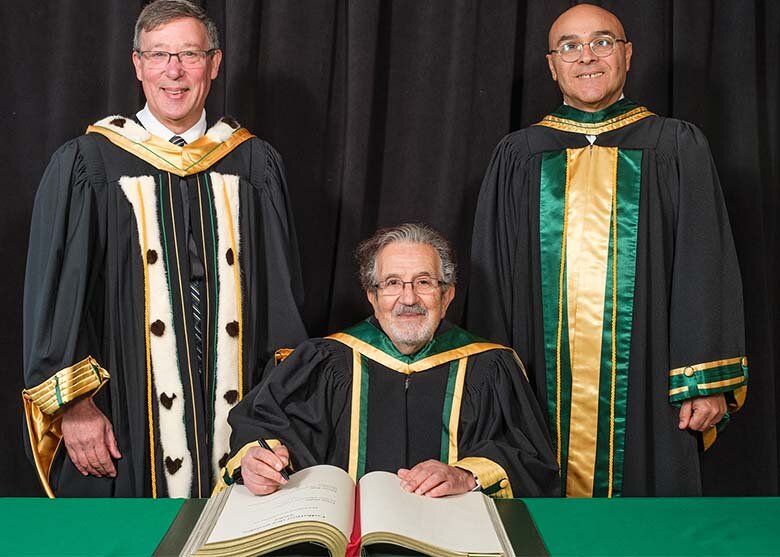Faculty
The Jacques-Parizeau Research Chair examines physician compensation and medical services supply in Quebec
May 27, 2025
Although there has been a significant increase in physician compensation in Quebec since 2010, the supply of medical services has not followed the same trend. This is one of the main findings of a report that was recently released by the Jacques-Parizeau Research Chair in Economic Policy. This report compares Quebec to other Canadian provinces and makes several observations regarding the number of physicians, their delivery of medical services, and their compensation.
Under the direction of Pierre-Carl Michaud, a professor in HEC Montréal’s Department of Applied Economics and holder of the Jacques-Parizeau Research Chair, this report was co-authored by David Benatia, Nicholas-James Clavet, Bernard Fortin, and Josette Rosine Aniwuvi Gbeto.
Physician headcount and hours worked
According to the data in this report, the number of physicians per capita in Quebec is around the Canadian average, but near the bottom in terms of full-time equivalents (FTEs). Since 2014, the number of specialists has grown by 15% and general practitioners (GPs) by 19%, but the number of FTEs has remained nearly stagnant. Moreover, census data shows a slight decline in average hours worked per year by physicians in Quebec from 2011 to 2021.
The report also makes innovative use of the full fee-for-service billing data of physicians from the RAMQ to analyze changes in their delivery of medical services. It suggests a stagnation, or even a decrease in the delivery of paid-for services, and a significant amount of unused capacity among physicians in terms of clinical activities – more so among GPs than specialists.
Increased compensation
Between 2010 and 2022, the increase in clinical compensation for Quebec physicians was 63% for GPs and 65% for specialists. This increase is among the highest in Canada. The report also reveals that compensation per FTE for GPs in Quebec is the highest in Canada, when adjusted for cost of living. Specialist compensation per FTE is around the Canadian average.
The analysis in the study shows that the composition – feminization and age – of the medical workforce had some effect on practice intensity. But this effect is rather limited overall, and the 2 dimensions combined are not the main source of the observed trend in the delivery of medical services.
Effect on the supply of medical services
The report suggests that an increase in fee-for-service rates ultimately had a negative effect on the volume of services and number of visits. Thus, an increase in physician compensation in Quebec did not result in an increase in medical services delivery. On the contrary, it actually led to its decrease.
In short, the report documents a trend in the supply of medical services that is likely insufficient to meet the growing needs of the population. It provides important insights that shed light on public policy options regarding physician compensation in the coming years.


